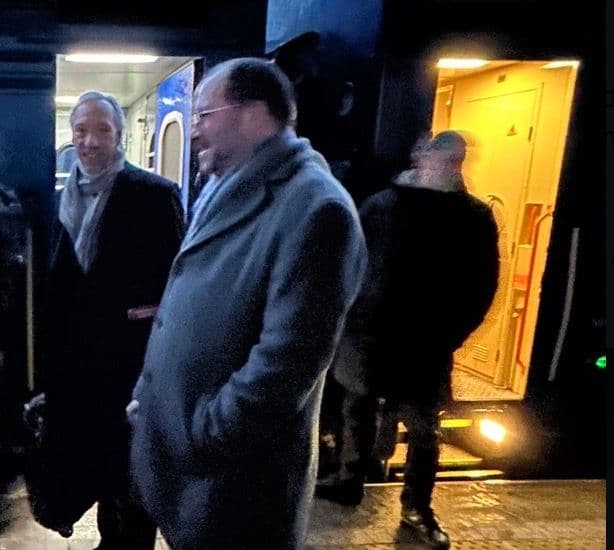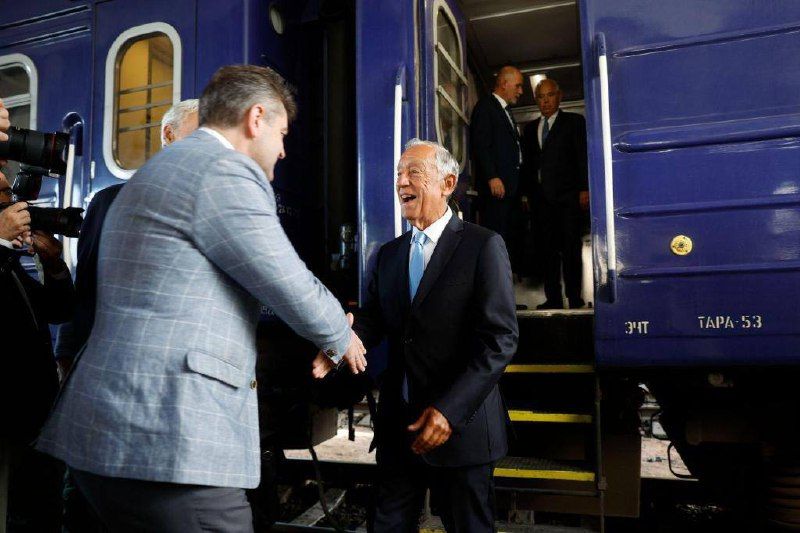Portuguese delegation arrives in Kyiv

A Portuguese delegation arrived in Kyiv on Feb. 5, headed by the country's foreign minister, Joao Cravinho, and Education Minister Joao Costa.
Cravinho said it "was very good to be back in Kyiv...to reiterate our support for Ukraine's reconstruction."
It was not Cravinho's first visit to Ukraine since the beginning of the full-scale invasion, having visited on several occasions since 2022, including on Ukraine's Independence Day in August 2022.
His most recent visit was with Portuguese President Marcelo Rebelo de Sousa in August 2023.
Portugal's Foreign Ministry said that the delegation had planned a two-day visit "with the war and the recovery of Ukraine on the agenda."
Portugal joined the Group of Seven (G7) declaration on security guarantees for Ukraine in July 2023, which aims to bolster Ukraine's ability to resist Russian aggression. The guarantees also address sanctions, financial aid, and post-war reconstruction.
Portugal is also one of 11 members of an international coalition to train Ukrainian pilots on F-16 fighter jets, which was announced by former Ukrainian Defense Minister Oleksii Reznikov at the NATO summit in Vilnius in July 2023.














